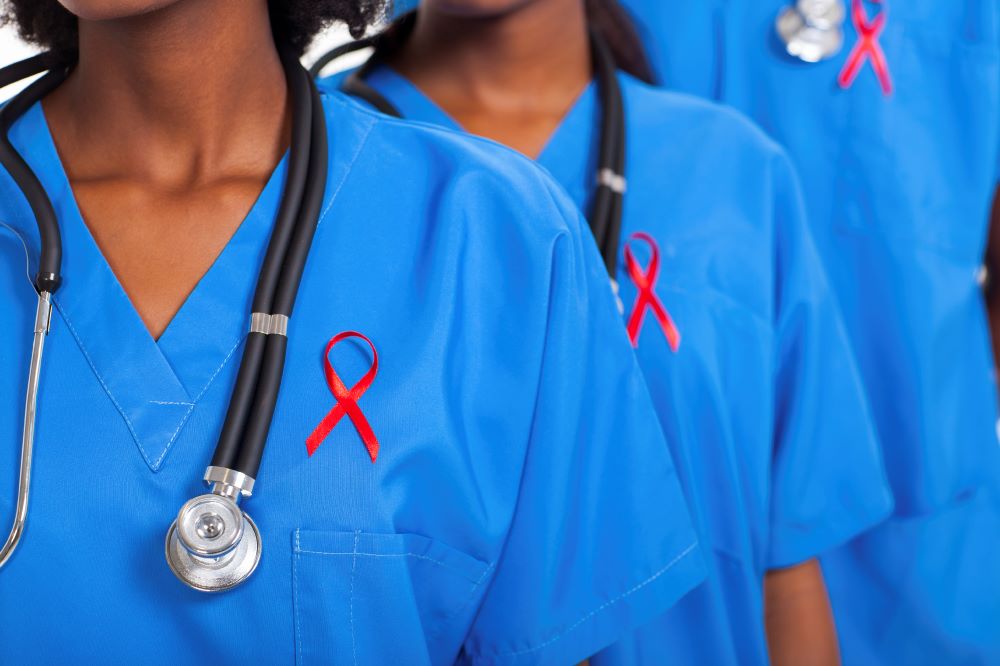

The HIV Prevention and Treatment Program has a long history of conducting research that has led to improvements in health outcomes among infants, children and adolescents at risk for — and living with — HIV. The clinical trials we have conducted have led to the approval of several HIV medicines for use in children and adolescents.
We have multiple ongoing studies available for participation, among them being:
- PREPARE Study. Funded by NIH/University of North Carolina, the PREPARE Study is an interview and youth advisory board-based program that seeks to gather insight into how to ethically conduct research with HIV/co-infected pregnant adolescents.
- SHIELD Study. Funded by PENTA/ViiV, the SHIELD Study clinical trial assesses the safety and efficacy of Fostemsavir administered as part of the antiretroviral regimen in children and adolescents between 6-18 years old who are failing their current antiretroviral therapy.
- Observational Cohort. As children move into adolescence and adulthood, they undergo a number of changes physically, mentally and emotionally in addition to their HIV diagnosis. This observational study collects and analyzes diverse social, behavioral, laboratory and clinical characteristics of patients receiving testing and care at the HIV Prevention and Treatment Program.
- The D.C. Cohort Study. The D.C. Cohort is a long-term study that has been following about 10,000 consenting HIV-infected patients receiving care at 13 large treatment clinics in the District of Columbia, including Children's National Hospital. It is sponsored by the National Institute of Allergy and Infectious Diseases (NIAID) of the National Institutes of Health (NIH). The project's goal is to improve the quality of care and treatment of HIV-infected patients at large clinics in the District of Columbia. Learn more about this study.
- Emergency Department HIV Screening and Outreach Program. Since 2009, Children's National has implemented a universal HIV screening program for teens age 13 and older who come to our Emergency Departments. The study collects the data on testing and outcomes and contributes to the design of future interventions to reduce the incidence of HIV and STDs among the youth in our community.




